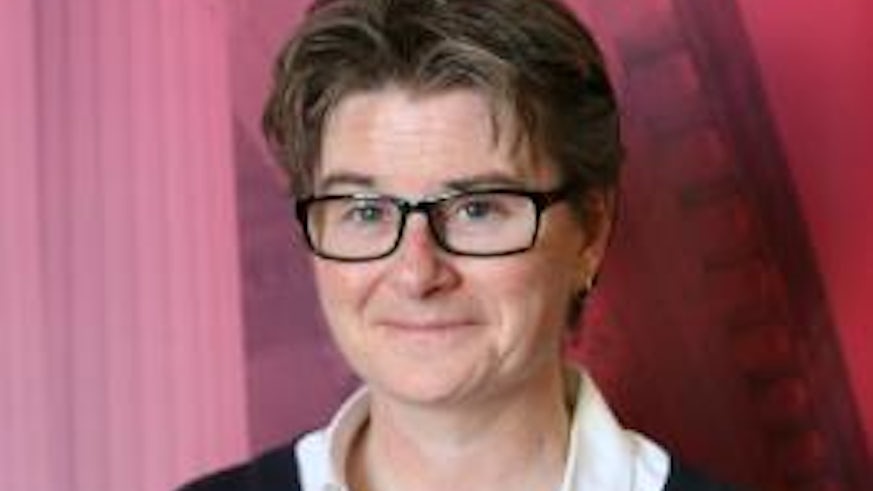Route to leadership must be flexible to let women in
13 November 2014

The pathway to business leadership needs to become more flexible, if the economy is to benefit from the talents of women at the top, a gathering of Welsh employers, academics and public sector representatives at Cardiff University, has heard.
Workforce gender equality expert, Dr Alison Parken, warned that efforts to get women to conform to the 'straight road-race of career-long full-time working' were doomed to failure, and industry must adopt new approaches to leadership selection that allow for the diversions many women need to take during their working lives.
Dr Parken, who leads the Cardiff University research strand of the EU-backed WAVE programme (Women Adding Value to the Economy), was speaking at the opening of a evening seminar on Women in Leadership, organised by WAVE in association with the Women's Workshop@ BAWSO, Chwarae Teg and the University of South Wales. WAVE is funded by the European Social Fund through the Welsh Government.
The Opening Address was given by Dame Rosemary Butler, Presiding Officer of the National Assembly for Wales, who champions the need for more women to have influence at a senior level in public life.
The Women's Workshop @ BAWSO and Chwarae Teg representatives, who are currently running programmes to increase the proportion of women holding senior positions in Wales, joined the question and answer panel.
Dr Parken, dismissed recent efforts by big employers such as Apple and Facebook to get more women into top roles by paying them to freeze their eggs in order to postpone parenthood for several years.
She said: "Their message is clear. They would prefer to pressurise women to change rather than consider changing the system and allowing for bends in the road towards leadership. At present the image of leaders is set by those men who currently dominate public life, the private sector and in the media and the route to the top is inflexible. Those who don't fit this image or follow these routes are not in the race. That attitude and our view of the characteristics we value in leadership must change if more women are to bring their talents to the boardroom."
She added that the shortage of women at the top in Wales is hugely impacted by the gendering of employment structures - 75% of the nation's professional women are concentrated in health and education, leaving fewer potential female leaders in private industry. Forty-three per cent work part time in low skilled work with few routes out or up.
However, Professor Michelle Ryan of Exeter University warned the gathering that, even those women who do make it to the top, often face a higher risk of failure than men because, according to research, they are more likely to be appointed to lead organisations that are already struggling.
She argued that this phenomenon, known as the 'glass cliff,' was caused by those making senior appointments believing female personality traits are more suited to tackling problem situations, while male attributes are more suited to achieving progress and growth.
She said this led to influential business commentators claiming falsely that female directors perform less well than their male counterparts.
The call for change was supported by Dr Johanne Grosvold of Bath University who said there was evidence to suggest that improving welfare provision to help women balance work and family did lead to more women joining boards of directors
The packed conference was also addressed by Dr Amanda Kidd, who outlined the work being done by the Women's Workshop@Bawso to develop women as strategic leaders in ICT. She also argued that the content of mainstream management and leadership development assumes masculine norms and needs to change in order to equip future leaders – both men and women - with the ideas and tools to achieve gender equality in their organisations.